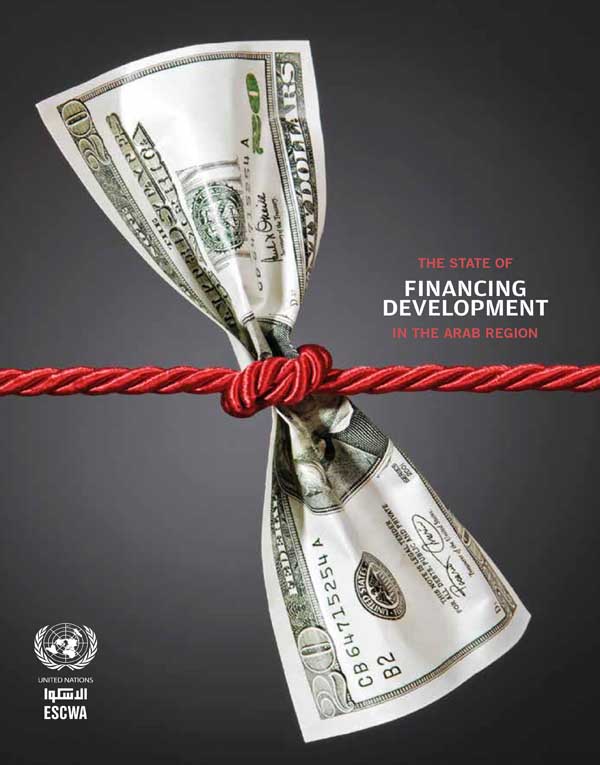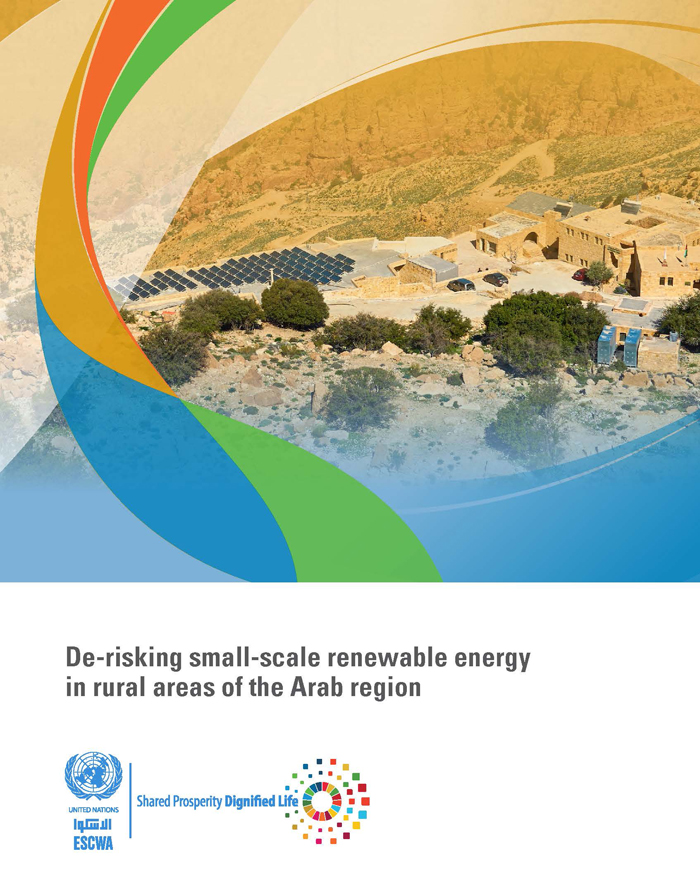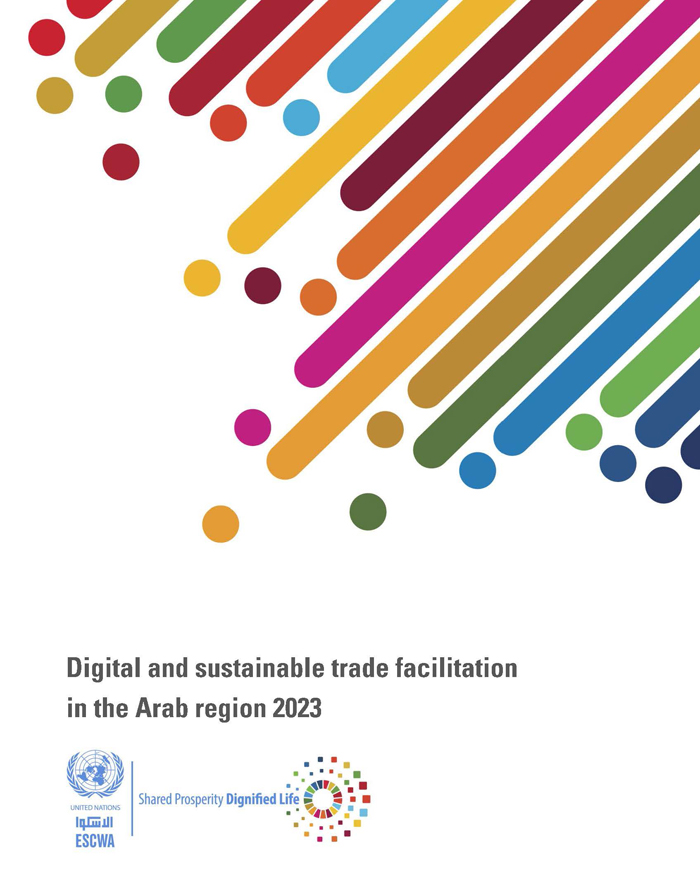
ESCWA Publication: E/ESCWA/EDID/2018/TP.2
Country: Arab region
Publication Type: Information material
Cluster: Shared Economic Prosperity
Focus Area: Financing for development
Initiatives: Integrated national financing frameworks, Artificial Intelligence Budgeting, Arab Financing for Development Gateway, Arab Financing for Development Scorecard
SDGs: Goal 8: Decent Work and Economic Growth
Keywords: Debt, Fiscal policy, International trade, Capital movements, Development finance, Financial policy, Foreign trade, Investment policy
The state of financing development in the Arab region
January 2018
The financing for development (FfD) outlook for the Arab region remains turbulent. The prognosis stems, in no little measure, from a strained socioeconomic fabric that risks being frayed by the biases of the FfD status quo. The ability of Arab societies to withstand, adapt and recover from cascading global and regional crises is withering. Yet, it is this very region that continues to demonstrate a unique form of resilience as it continues to finance development both within its confines and in other parts of the world.
A compelling finding drawn from the analysis of direct and indirect FfD exposures reveals that on average, for every $1 gained/mobilized through prime cross-border FfD channels, the region lost/returned $2.5 to other regions, including high-income bracket economies. The situation challenges the dominating development narrative as the region appears to be witnessing a FfD reflux. Substantial resources are flowing out of rather than into the region, constituting a leakage or, at best, an opportunity lost to finance the region’s own reconstruction and sustainable development imperatives.
Related content
Financing for development
,
The financing for development (FfD) outlook for the Arab region remains turbulent. The prognosis stems, in no little measure, from a strained socioeconomic fabric that risks being frayed by the biases of the FfD status quo. The ability of Arab societies to withstand, adapt and recover from cascading global and regional crises is withering. Yet, it is this very region that continues to demonstrate a unique form of resilience as it continues to finance development both within its confines and in other parts of the world.
A compelling finding drawn from the analysis of direct and indirect FfD exposures reveals that on average, for every $1 gained/mobilized through prime cross-border FfD channels, the region lost/returned $2.5 to other regions, including high-income bracket economies. The situation challenges the dominating development narrative as the region appears to be witnessing a FfD reflux. Substantial resources are flowing out of rather than into the region, constituting a leakage or, at best, an opportunity lost to finance the region’s own reconstruction and sustainable development imperatives.



